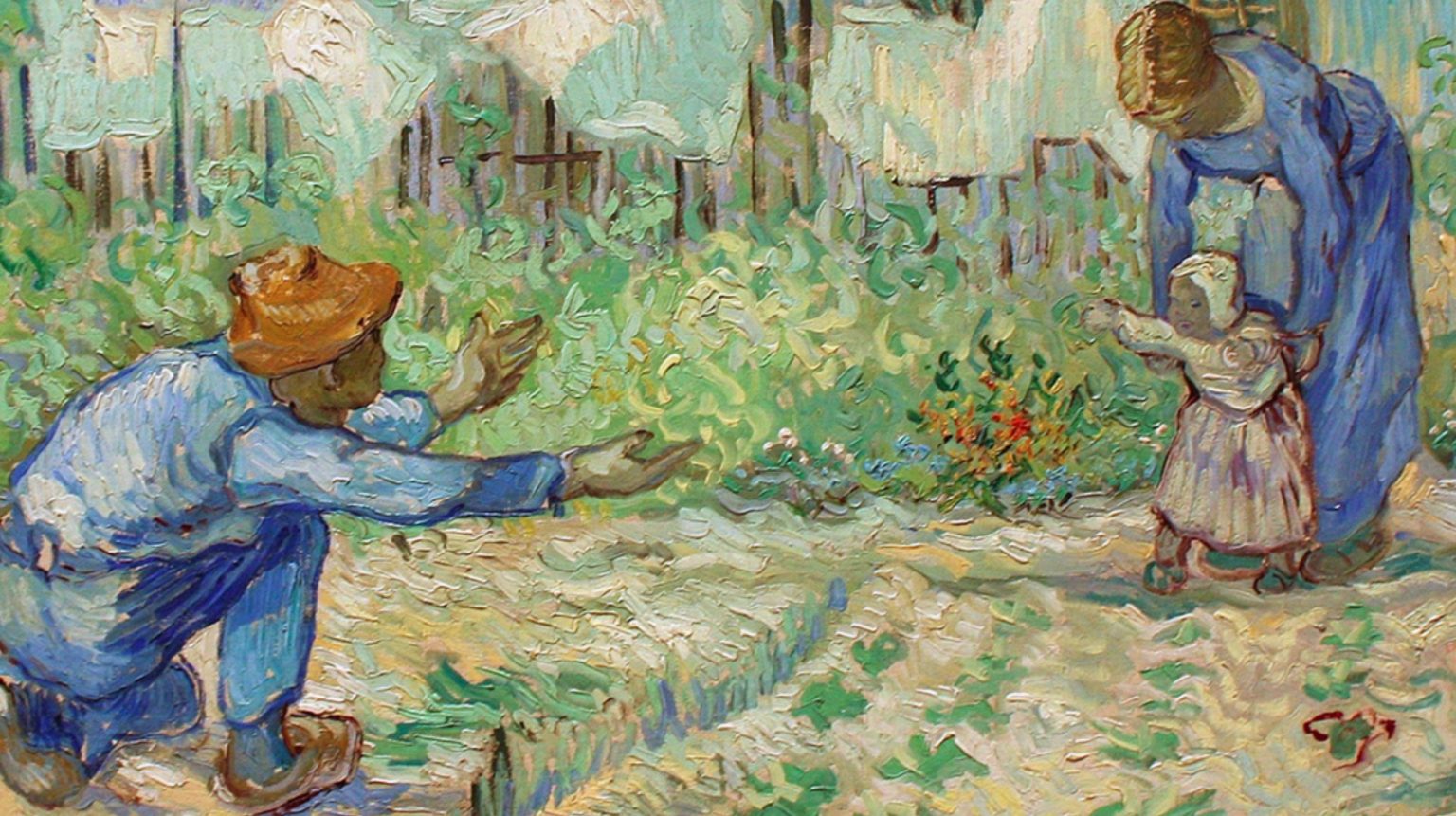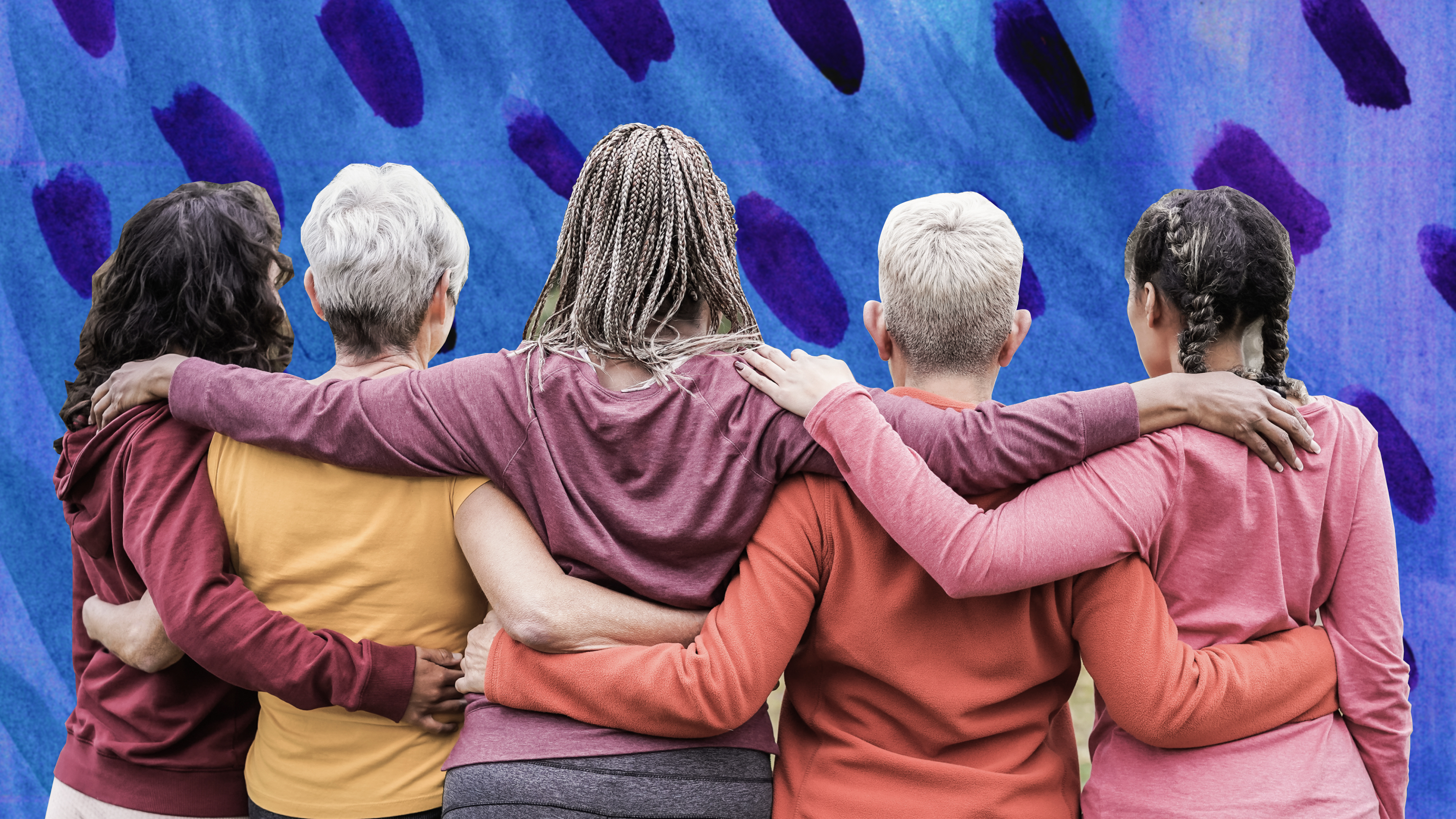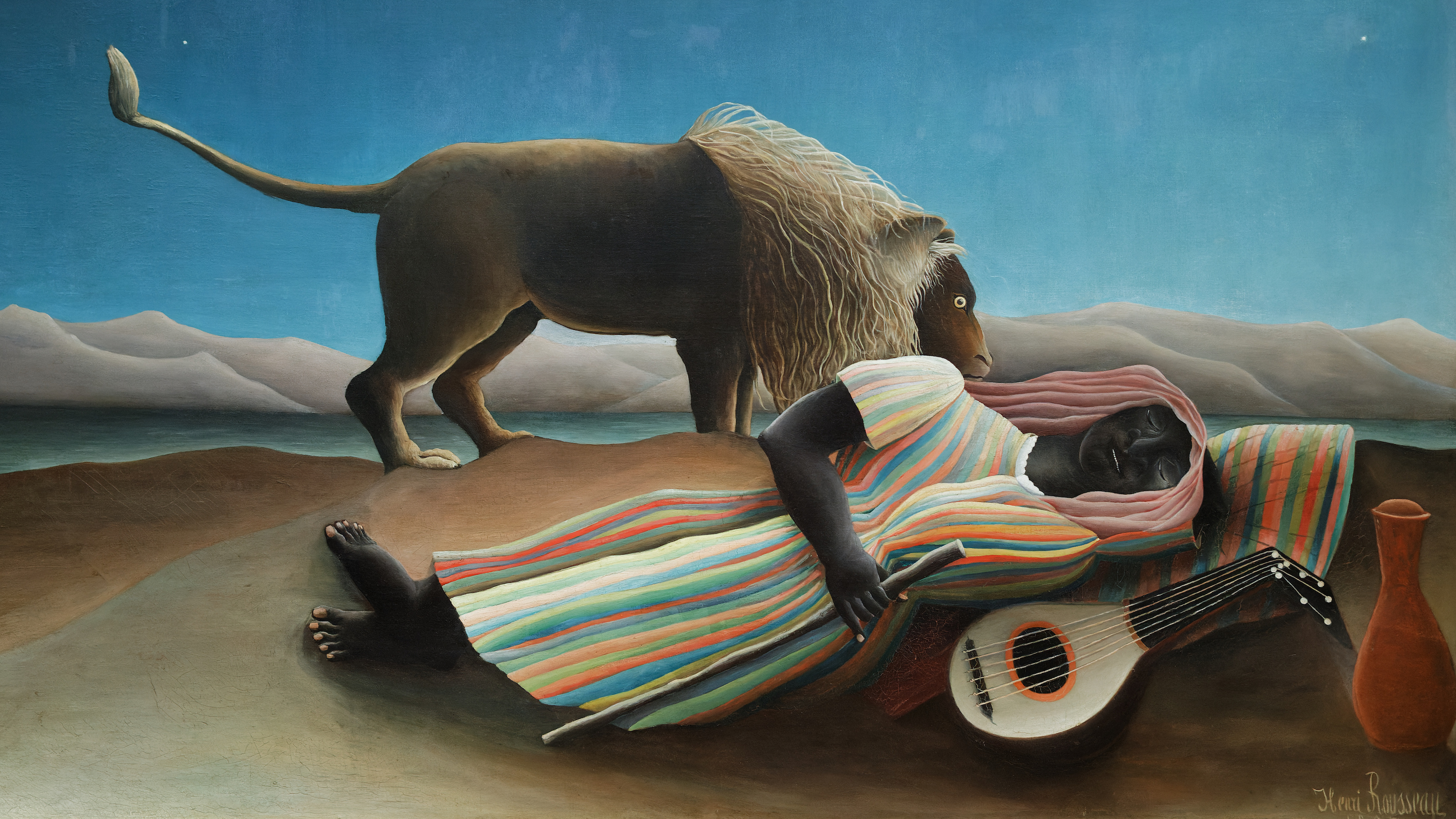Gezelligheid: The untranslatable word for a very Dutch social phenomenon

- Gezelligheid describes Dutch culture better than any other word.
- Though difficult to define, it is perhaps best translated as comradery or conviviality.
- Gezelligheid reflects Dutch hospitality as well as the culture’s desire for conformity and agreement.
If you ask a Dutch person to name a word that they feel encapsulates their culture, chances are they will answer gezellig. Ask them what gezellig means, though, and they’ll almost certainly take a bit longer to come up with what they feel is a satisfactory response. Like niksen, gezellig is a term so jampacked with unique cultural connotations that it’s all but impossible to translate.
It’s a lot easier to point out things that are gezellig (adjective) than it is to define gezelligheid (noun) itself. Eating a nice dinner with your family is gezellig. So is meeting your best friend for a beer. A restaurant can be described as gezellig, as can a bar, store, office, or even a retirement home. High school reunions and birthday parties have the potential to be gezellig, but dental appointments do not.
Gezelligheid acquires a slightly different meaning in different contexts. If a man is gezellig, he is fun to be around. If a place is gezellig, people will generally like to spend time there. If an activity or event is gezellig, it’s worth going to. Above all, gezelligheid is a type of atmosphere — something you have to experience before you’re able to make sense of it.
On its own, gezellig has been defined as fun, nice, cozy, homey, friendly, snuggly, comfortable, enjoyable, and wholesome. While all of these translations and the emotions they evoke have their place in the overall meaning of gezelligheid, they do not tell the whole story. For that, we’ll have to dig deeper into the history and application of the word itself as well as Dutch culture in general.
The true meaning of gezellig
When the American philosophy professor Hilde Lindemann visited the Netherlands for a study trip, she met with a group of Dutch friends at a local restaurant. “Gezellig, isn’t it?” one of them remarked at one point during the evening. “What’s gezellig?” a confused but curious Lindemann asked, eager to learn more about the country and its people.
Her friends paused, scratching their heads. “It means—well, sociable,” someone said. “Not exactly,” another chimed in, saying it was “more like cozy.” Lindemann wondered whether gezellig was at all similar to gemütlich, a German word that means pleasant or cheerful. “No, not exactly,” the others responded. “A place could be gemütlich even when you’re the only person in it, but it wouldn’t be gezellig.”
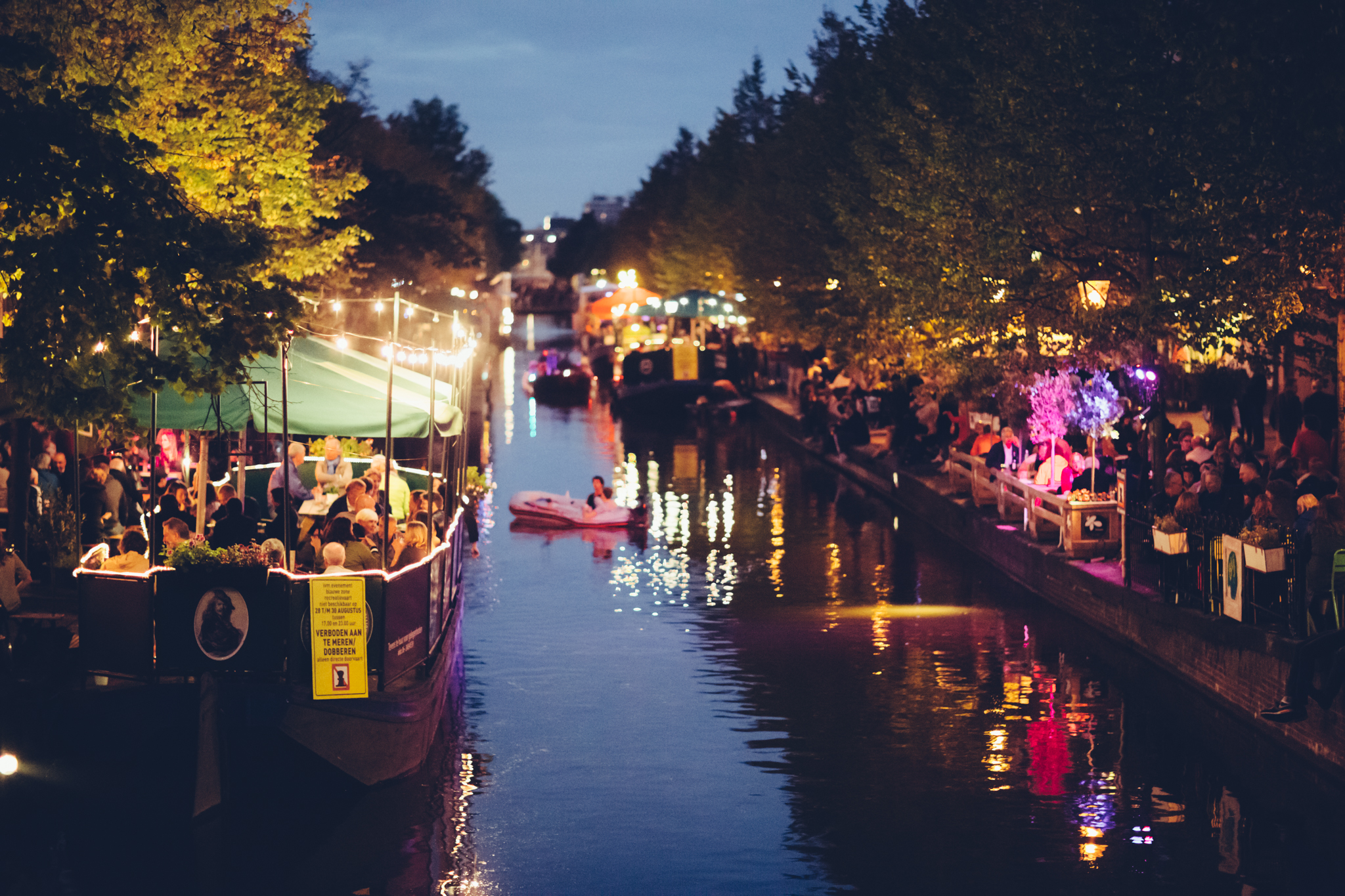
Knowing this, you may realize the locations listed in the previous section — restaurants, bars, offices, stores, and retirement homes — are all places where large numbers of people congregate. Since a location cannot be described as gezellig when it’s deserted, then perhaps gezelligheid ought to be translated as “having a good time in the company of others” as opposed to simply “having a good time.”
This interpretation of gezelligheid is echoed in the history of the word itself. Etymologically, gezellig originated from gezel, which means companion and is used to describe members of a group, team, or fraternity. Gezelligheid is very much fraternal: It implies cohesion, consensus, and understanding between people who may or may not know each other.
Going Dutch
Gezelligheid permeates all aspects of Dutch life. Take, for example, coffee breaks. In the United States, coffee is often consumed at work to boost productivity. In the Netherlands, writes the anthropologist Rajendra Pradhan, “…coffee breaks are occasions not only for refreshing oneself but more importantly for setting aside one’s work or individual pursuit and coming together… as social beings.”
Social interaction is so important in Dutch culture that the locations where people come together to create gezelligheid — specifically coffee shops and bars — are treated not as businesses but as extensions of the home, as private and extremely intimate environments where economic transactions are secondary to, or even rendered obsolete by, the interpersonal experiences they facilitate.
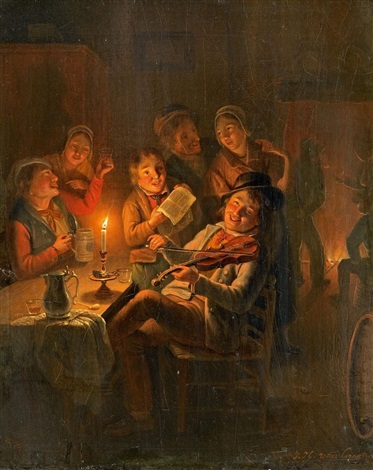
This is perhaps less evident in coffee shops than it is in bars and clubs, where the Dutch employ an unwritten rule for making purchases: “het rondje” or “the round.” In short, people take turns buying drinks for themselves and their friends until everyone in their group has had the chance to be both a donor and a recipient. Typically, latecomers apologize for their tardiness by buying the next round.
Friends buy rounds for each other all over the world, but few cultures take this practice as seriously as the Dutch. As an embodiment of gezelligheid, het rondje is an exercise in team-building — an opportunity to show your appreciation for and strengthen your bond with people around you, as well as demonstrate your commitment to the group.
Between cohesion and conformity
Although the Dutch pride themselves on their tolerance and open-mindedness, they also value conformity and homogeneity — values that have become more pronounced as the country grows increasingly multicultural. Group mentality takes precedence over individual expression, and individuals who do not adapt to expectations set by others are at risk of becoming ostracized.
This darker side of the Netherlands is likewise expressed in the cultural connotations of gezelligheid, which — as illustrated by het rondje — is dependent on one’s ability to recognize and respect social etiquette, whether you like them or not. Drink coffee at your desk, and you may offend your coworkers. Neglect to buy your friends a drink, and they might not invite you to come out next weekend.
To foreigners, the fraternal aspect of gezelligheid can seem discriminatory, and for good reason. The mental image of gezellig — of a traditional Dutch bar filled with Dutch people singing Dutch songs and drinking Dutch beer — leaves little room for different cultural backgrounds. As a result, many immigrants and expats find assimilation incredibly difficult.
At its worst, gezelligheid is arguably the epitome of Dutch conservatism — a stubborn, short-sighted desire to protect the familiar from the unfamiliar. At its best, though, gezelligheid simply denotes a type of heartwarming comradery that can be replicated no matter where you are or who you are with, as long as you make an effort to be nice, trusting, welcoming, and, above all, merry.

